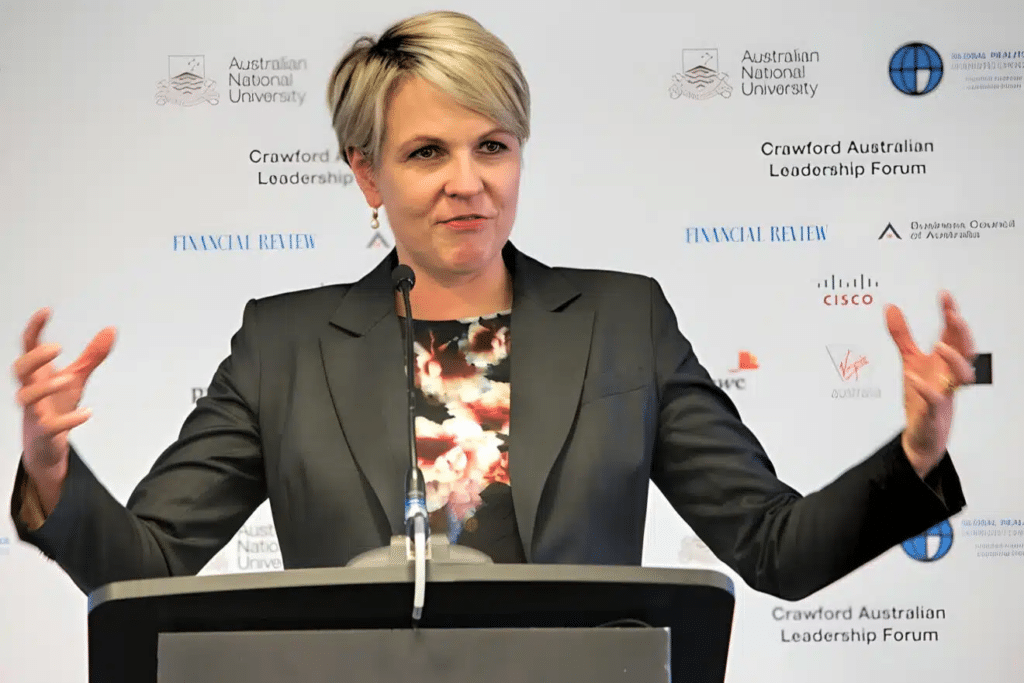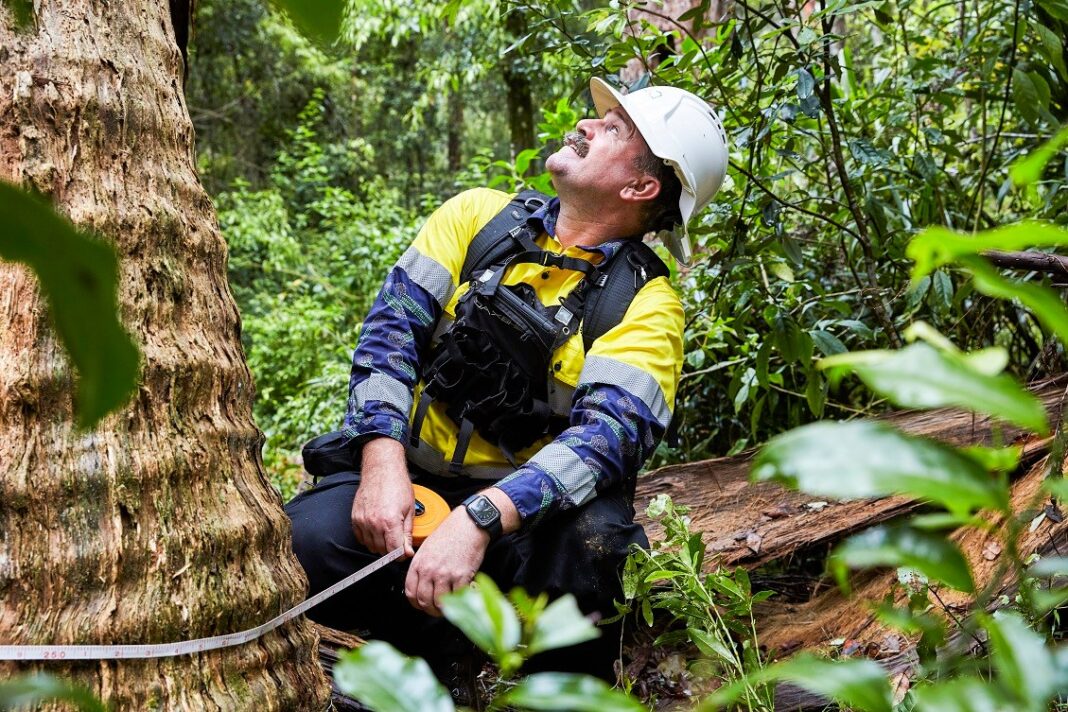The Federal Government’s proposal to establish a Commonwealth EPA under its ‘Nature Positive Act’ bears close examination.
Without any public release of draft legislation, here are some lessons learned from NSW.
The Protection of the Environment Administration Act NSW 1991 and the Protection of the Environment Operation NSW 1997 are the two items of legislation that establish the NSW EPA and its workings.
Whilst the NSW Parliament can review regulations under the Regulation Review Act NSW 1987, the parliament has no general power to review legislation or oversee the administrative functions established by legislation save Questions without Notice, Questions on Notice or Budget Estimates hearings. These are limited in time and capacity and need of support.
The view expressed by readers previously of the statement made by this writer is that the EPA has no review function and that there was the NCAT (NSW Civil Administrative Tribunal). There is no review function over the EPA legislation or activities in the enabling legislation of NCAT.
In the last six months, the EPA issued Stop Order notices on small businesses on the South Coast and re-issued these notices three times so that extraordinary economic hardship and mental health issues were created. Recourse? None.
The relevant legislation calls for an investigation to be in place to issue such a notice. Did the EPA publish details of the investigation? No! Did they have to? No!
Was there an investigation? Even with the Freedom of Information requests, it was impossible to establish an inquiry involving those individuals who were issued with the Stop Order Notice. Instead, what was established was the NSW EPA was responding to pressure from environmental activists who alleged specific facts that did not stand up to publicly available information.

The STOP Order Notices were used as a negotiation tool with another Government body. Even in this process, the NSW EPA failed to comply with its statutory obligations. Again, any recourse? No!
When it comes to policy issued by the NSW EPA, the enabling legislation, whilst complex, is prescriptive on what is to be the basis of the policies. This is what one would expect. These policies are delegated legislation.
Yet the NSW EPA issues policies that go beyond what is in the legislation. Some of these policies relate to the work of other departments. These departments are not involved. Industry questions these policies. However, to take them on is a Supreme Court of NSW application with all the uncertainty of a court hearing at a possible cost of up to $200,000.
No review is possible in a Parliamentary Committee even if the numbers were present to set up the terms for such an enquiry.
Then, there is the issue of appointments to committees and consultancies. There is a real need for review to ensure proper balance, accountability, and transparency.
Yes, the NSW EPA and the Department of Environment will assert that the relevant Freedom of Information legislation requires a contract register to be maintained. Details can be provided through an application.
Seriously, how many people have time for this? And then some contracts do not even require an appointment, so these are just awarded. Then, some contracts fall below the monetary value for the contracts register.
Transparency and accountability are important administrative principles in a system of representative democracy, such as what we enjoy.
The federal government proposes to have department officers or contracted people write a statement of principles in the proposed new EPBC Act.
Who is to review this work?
The Federal Parliament has the Senate Standing Committee for the Scrutiny of Delegated Legislation. This Standing Committee might look at these principles—something the NSW Parliament would do well to consider.
However, in the administration and compliance work of the new Commonwealth EPA, the same approach is to be taken as in NSW. No accountability, no transparency, no review!
Why is it that administrative law and review principles are being forsaken when it comes to environmental issues?
It is because the environment is now a new cult. This new religion is beyond reapproach, creating a world of them and us in supposedly a society with values that require accountability of government bodies and representatives.





